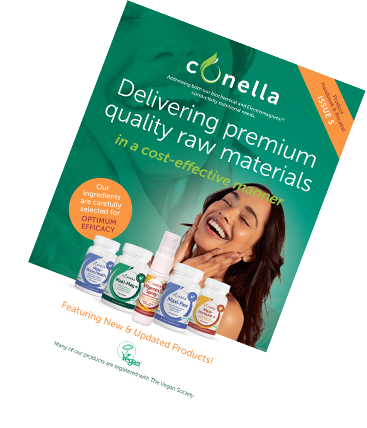There is a global drive to find the causes of Alzheimer’s Disease, and develop ways to diagnose it sooner, treat it, and ultimately find a cure.
Among the many research projects underway are ones focused on the role lifestyle and nutrition play. Recently, a ground-breaking study has found a strong link between vitamin K2 and Alzheimer’s. Which has increased the urgency of further research into this promising treatment option.
This article explores what we know to date about VK2’s potential to protect us against Alzheimer’s Disease.
Cognition health and dementia
First, a quick background to this important field of study.
There are currently around 850,000 people in the UK with a diagnosis of dementia. The Alzheimer’s Society believes by 2040 that figure will be 1.6 million.
The leading cause of dementia is Alzheimer’s Disease. This is a degenerative brain condition that mainly affects older people. One in every six people aged over 80 has Alzheimer’s. However, early-onset Alzheimer’s can occur in people much younger.
Genetics or predispositions are thought to play a role for some individuals, but for many people, there is no hereditary link.
There is also no cure, and available treatment largely tackles the symptoms – such as depression – or temporarily slows down the loss of cognitive abilities.
This form of dementia affects thinking and reasoning, and though Alzheimer’s itself is not fatal, the brain degeneration leads to complications that result in premature death.
Nutrition and Alzheimer’s
Clearly, a clean diet, well-rounded in all nutrients, helps to protect us against many of the illnesses and issues that occur in your senior years.
Recently a group of researchers from two top US universities looked in particular at the ability of vitamin K2 to reduce vulnerability to Alzheimer’s or to even slow down the impact of the disease.
The results are very promising.
In their research paper published in June 2021, the team said: “VK2 has recently emerged as an essential nutrient for human health, and a growing number of studies have demonstrated that VK2 and vitamin K-dependent proteins (VKDPs) may play an important role in slowing, and even preventing, the progression of AD.”
The researchers have urged further detailed investigation, including human trials, particularly as “large pharmacological trials have failed to find an effective medication to treat or prevent AD” leading to a "shift in AD research to nonpharmacological interventions.”
Why is VK2 important for cognitive health?
The basis of this promising step forward in preventing and treating Alzheimer’s is what we already know about K2. It's a valuable antioxidant and a vitamin that decreases neuroinflammation and improves vascular health. It also has a positive effect on Mitochondria, the part of cells considered to be the body’s “energy factory”.
Another area of special interest is the ability of VK2 to be antiapoptotic. This means a substance that can slow the death of cells.
All the above are associated with the impact of Alzheimer’s Disease, and therefore it stands to reason that a deficiency may help explain its cause, or a boosted amount of K2 may address some of the issues that lead to this form of dementia.
How can we eat more vitamin K2?
K1 can be found in leafy green vegetables, but K2 is largely produced by ‘healthy bacteria’ in fermented foods like cheeses and pickled vegetables. There is also some in egg yolks and meat, as well as fatty fish. Interestingly our own digestive system can produce naturally occurring K2 in small amounts.
Western diets do not currently include many fermented foods, and there is no Recommended Daily Intake (RDI), despite its importance to our cognitive health.
Proving once more that you need to have the knowledge of nutrition that we strive to provide, so you can make better-informed decisions about what you eat.
Additional source: https://www.medicalnewstoday.com/articles/325059#functions
Interesting reading:










